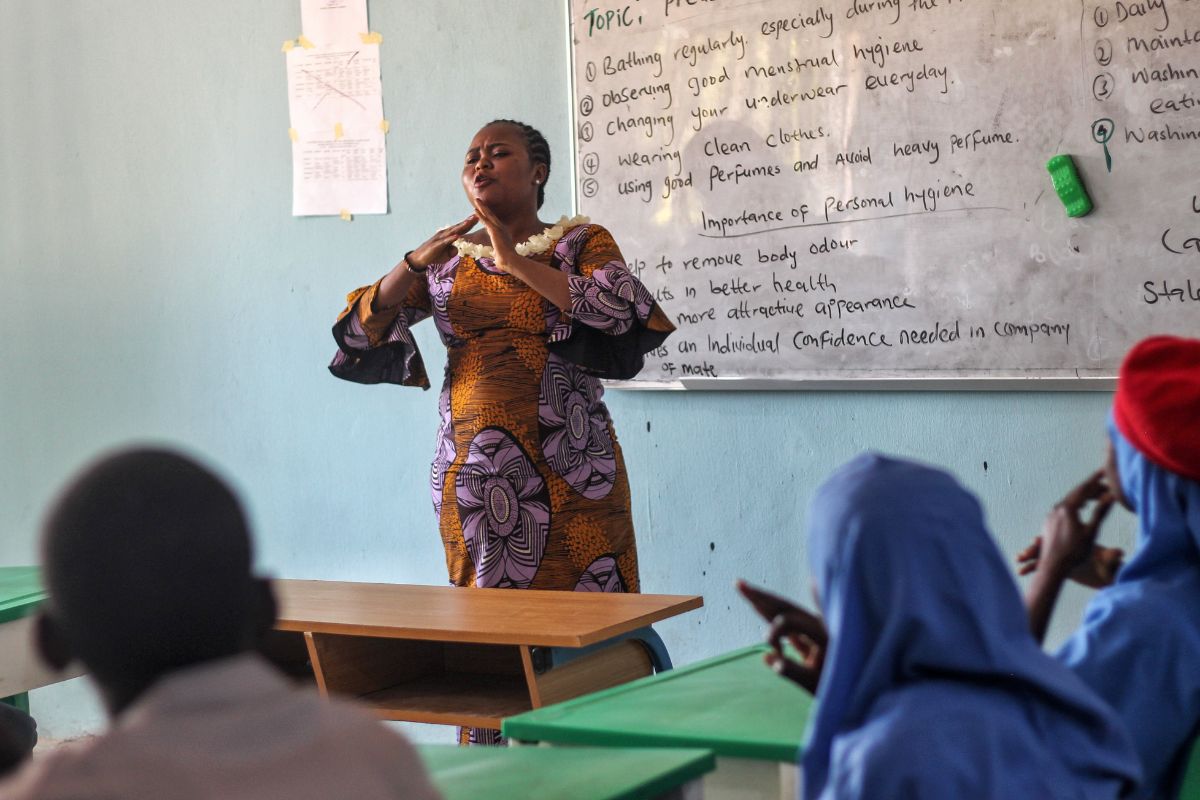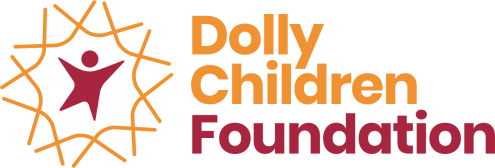
The Role of Women in Education
Education is a fundamental tool for personal growth and societal advancement. It empowers individuals with knowledge, critical thinking skills, and the ability to contribute meaningfully to society. For women, education is not only about personal growth but also about breaking barriers, fostering gender equality, and improving the lives of future generations. Women’s involvement in education plays a crucial role in shaping inclusive and transformative educational systems.
Here’s how:
- Agents of Change
Women are not just recipients of education; they are active agents of change. As educators, administrators, and policymakers, women bring diverse perspectives and innovative ideas to educational systems. They advocate for gender-sensitive curricula, create safe and inclusive learning environments, and push for equal opportunities for all students. Through their leadership, women are shaping education systems that benefit everyone, regardless of gender. - Role Models and Mentors
Representation matters, and women serve as powerful role models and mentors. Female educators, in particular, play a key role in guiding and inspiring young girls to pursue their educational dreams. By demonstrating academic and professional excellence, women help break down barriers and show that success is achievable. Their mentorship encourages students to overcome challenges and pursue their aspirations, creating a ripple effect of empowerment. - Promoting Gender Equality
Women are at the forefront of efforts to address gender disparities in education. They advocate for policies and initiatives that ensure equal access to education for girls and boys. By challenging stereotypes, dismantling institutional barriers, and promoting girls’ education, women are driving efforts to create more inclusive and equitable educational systems. Their work ensures that all students have the same opportunities to learn, grow, and succeed. - Building Resilient Communities
The impact of women’s education extends far beyond individual empowerment. Educated women are better equipped to tackle social, economic, and health challenges, resulting in positive outcomes for their families and communities. From promoting health literacy to fostering entrepreneurship and civic engagement, women use their education to drive change and contribute to the development of resilient communities. Their contributions lead to stronger families, healthier communities, and more sustainable development.
In conclusion, the role of women in education is essential and multifaceted. As learners, educators, advocates, and change agents, women are shaping more inclusive, equitable, and transformative educational systems. By investing in women’s education, we are investing in a better future for everyone.
By Evangel Opara
Author
Dolly Children Foundation
We are inspiring the African child to adopt 21st – century skills through education, capacity building and advocacy programmes.



